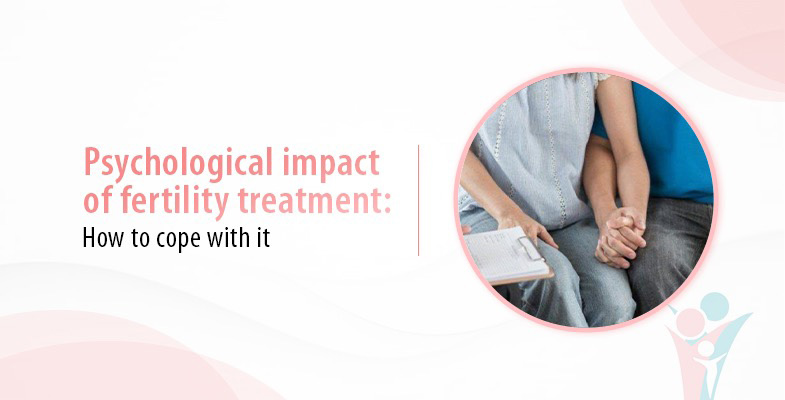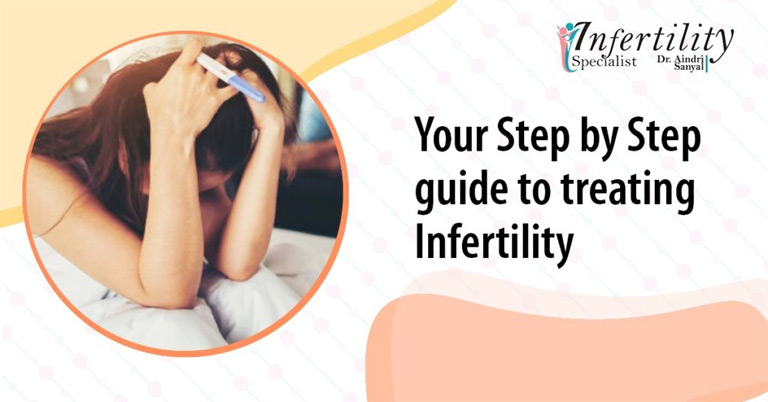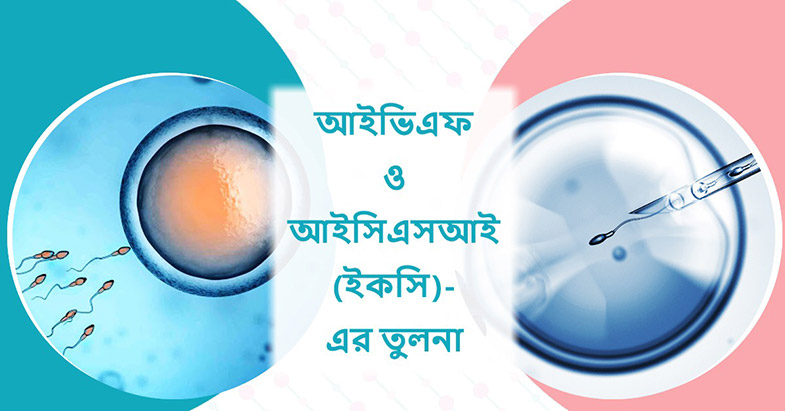
Our thyroid gland produces hormones that control our metabolism which is responsible for vital functions. Thyroid disorders are a clutch of conditions when this very important gland malfunctions, resulting in either too much (hyperthyroidism) or too little (hypothyroidism) production of thyroid hormones.
Can thyroid disorders interfere with fertility?
Hypothyroidism is sometimes associated with infertility among women, since low levels of these hormones could impair fertility by impeding the release of an egg from the ovary.
Hypothyroidism is often precipitated by an autoimmune disorder or pituitary disorder, which in itself might cause a roadblock to fertility. There’s also a risk of early miscarriage because of lack of implantation. Having said that, hyperthyroidism can also impact fertility. While thyroid disorders and fertility issues are more often than not linked to women, sometimes the male partner is also affected since these conditions could damage sperm quality and hinder motility, besides reducing semen volume.
What are some common symptoms of hypothyroidism?
- Heavy or frequent periods
- Feeling tired and sore all the time
- Dryness of skin and hair, thinning hair
- Tendency to forget things
- Hypersensitive to cold
- Tendency to put on weight
- Constipation
How can hypothyroidism impact fertility?
- It can disrupt the menstrual cycle, rendering conception difficult
- It can impede ovulation or release of an egg from the ovary
- It raises the risk of miscarriage
- It can result in pre-term birth
Can hyperthyroidism impact fertility too?
Yes, hyperthyroidism, which is often caused by an autoimmune disorder called Graves’ disease, can also impact fertility, in pretty much the same ways as hypothyroidism, like disturbing the periods, raising the risk of miscarriage and premature birth, etc.
How important is it to have thyroid disorders treated?
It is extremely critical to have your thyroid disorder medically evaluated and treated before you plan to have kids. It can reduce the risks related to pregnancy. For women, correcting infertility is hugely dependent on addressing hypothyroidism.
The treatment protocols for a dysfunctional thyroid would vary from patient to patient, depending on the severity of the condition and symptoms. More often than not, these disorders are treated with medication and regular monitoring. Close surveillance and follow-up will be the key. Very rarely does a thyroid disorder require surgery.
Women trying for pregnancy with hypothyroidism should work in tandem with a fertility expert for proper monitoring and cutting risks. Sometimes when hypothyroidism is corrected and yet the fertility problem remains, some other intervention could be required, which your fertility expert can then suggest.
So please remember that the thyroid gland could be tiny in size, but mammoth in its significance. So ignore symptoms of thyroid dysfunction at your own peril. Very often, the early warning signs of a dysfunctional thyroid are not heeded, which can result in fertility issues later.
So if you are experiencing irregular periods or any of the symptoms mentioned above, please see your doctor without procrastinating. The more you delay diagnosis, the more the chances of complication with your pregnancy, while an early detection of a thyroid condition will enable your doctor to prescribe medication in time, boosting your chances of hassle-free conception.
A few critical points to remember:
- Let your doctor know if you are planning to conceive
- Thyroid disorders are highly treatable and pregnancy shouldn’t be a problem once the condition is corrected
- If you have received treatment for Graves’ disease, there’s a slim chance that your baby might suffer from a temporary phase of hyperthyroidism. This can, however, be treated
- Do not alter your medication dosage without consulting your doctor if you are being treated for hyperthyroidism
- You can have a passing disorder called postpartum thyroiditis, which often dissipates without any treatment
- If there’s a family history of thyroid disorders, do consult your doctor before planning a pregnancy
In situations where a couple fails to conceive even after normalizing the thyroid levels post lifestyle modifications and medications, assisted reproduction provides an effective solution. In-vitro fertilization (IVF), Intra uterine insemination (IUI) and Intracytoplasmic sperm injection (ICSI) are recommended procedures that can help in inducing pregnancy and reducing chances of miscarriage.






